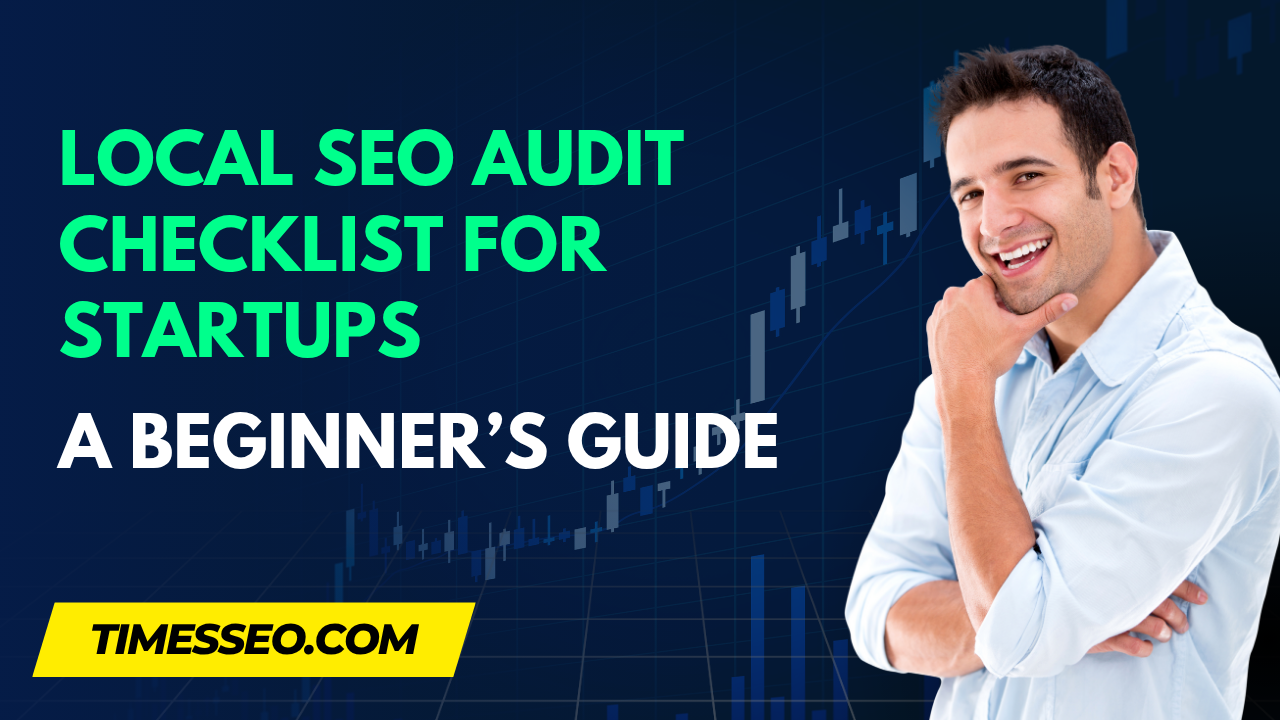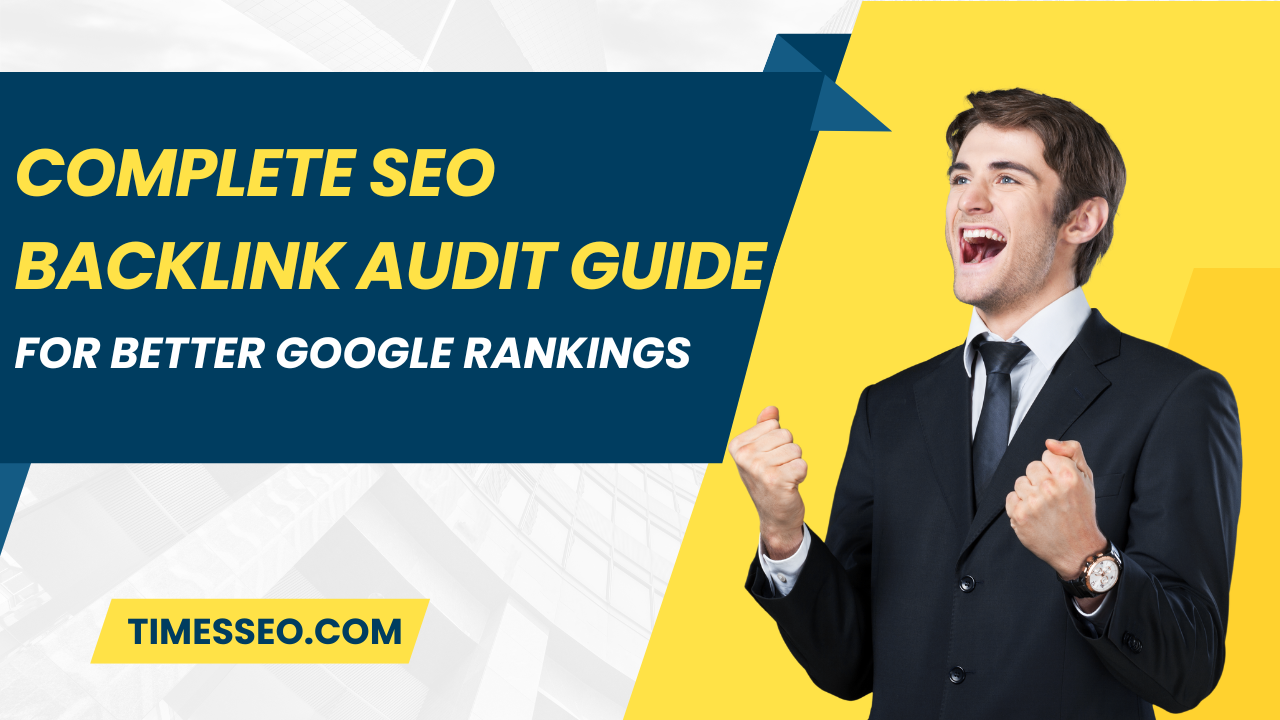
SEO Strategies for Fitness Challenges and Online Programs
Discover powerful SEO strategies for fitness challenges and online programs that boost your visibility, attract more participants, and grow your brand organically. This in-depth guide covers keyword research, content creation, technical SEO, video optimization, and more to help your fitness programs rank higher and convert better. Perfect for fitness coaches, online trainers, and health brands looking to dominate search results.
Table of Contents
Introduction
The Rise of Online Fitness Programs
Let’s face it—we’re living in a digital fitness revolution. From 30-day challenges to virtual bootcamps and customized training plans, people are turning to online programs more than ever. But here’s the kicker: creating a killer workout challenge isn’t enough if no one can find it.
Why SEO Matters in the Fitness Space
Think about this: Every second, someone is googling “how to lose belly fat,” “best home workouts,” or “30-day fitness challenge.” If your online fitness program isn’t popping up on page one, you’re leaving money—and muscles—on the table. That’s where SEO (Search Engine Optimization) jumps in as your digital personal trainer.
Understanding Your Fitness Audience
Identifying Your Target Audience
Know who you’re talking to before you begin optimizing. Is it busy moms? Hardcore athletes? Weight-loss warriors? Understanding their pain points helps you create SEO content that resonates—and ranks.
Common Search Intent in Fitness Niches
People usually fall into one of these categories:
- Informational: “What is HIIT?”
- Navigational: “Peloton login”
- Transactional: “Buy online yoga program”
- Target all three types to cover the full funnel.
Keyword Research for Fitness Challenges
Long-Tail Keywords vs. Short-Tail Keywords
“Workout” is cool. However, “30-day fat loss workout plan for beginners” is more focused and hipper. Long-tail keywords have less competition and better conversion.
Best Tools for Fitness Keyword Research
Here are your keyword gym buddies:
- Ubersuggest
- Ahrefs
- Google Keyword Planner
- AnswerThePublic
Keyword Mapping for Your Fitness Funnels
Map keywords to different content types:
- Blog: Informational keywords
- Landing Pages: Transactional keywords
- Videos: How-to and tutorial keywords
Creating Content that Converts
Blog Topics to Drive Organic Traffic
Need ideas? Try:
- “How to Train for a 30-Day Fitness Challenge”
- “Top 10 Mistakes in Home Workouts”
- “Weekly Meal Plans for Weight Loss Programs”
Leveraging Success Stories and Testimonials
Search engines (and readers) love real stories. Feature transformations, before-and-after pics, and quotes.
SEO-Optimized Landing Pages for Challenges
Make each challenge or program its own SEO powerhouse with:
- Keyword-rich titles
- Testimonials
- Clear CTAs
- Mobile-friendly design
On-Page SEO Techniques
Crafting Compelling Meta Titles and Descriptions
A killer meta title is like a gym outfit—it needs to stand out and perform. Keep it under 60 characters, include the main keyword, and be click-worthy.
Using Headers and Structured Content
Use H1, H2, H3 strategically. Break content with bullets, bolds, and images. Make Google and readers happy.
Internal Linking Strategy
Connect your blog to your about page and your challenge pages to your blog. It’s like the muscle connections in your body—everything works better together.
Off-Page SEO Strategies
Link Building with Fitness Influencers
Get backlinks by collaborating with influencers for guest posts, podcasts, or social shoutouts.
Guest Posting on Health and Fitness Blogs
Write for others, and they’ll link back. It’s SEO karma.
Social Signals and Brand Mentions
Google notices when people talk about you online—even without links. Engage on Instagram, TikTok, Facebook, and fitness forums.
Technical SEO Essentials
Mobile Optimization for Online Fitness Programs
Over 60% of your traffic is mobile. Your site should be faster than a sprint workout.
Site Speed and Core Web Vitals
Compress images. Minimize code. Use CDN. Fast-loading sites = higher rankings.
Using Schema Markup for Reviews & Events
Add structured data for testimonials, ratings, and upcoming challenges to stand out in search results.
Local SEO for Hybrid Programs
Google Business Profile Optimization
Running both online and local sessions? Optimize your Google profile. Add classes, schedules, and reviews.
Local Keywords and Citations
Use terms like “virtual bootcamp New York” or “online trainer near Mumbai.” List your business in fitness directories.
YouTube & Video SEO
Optimize Fitness Videos for Search
Use target keywords in your video title, description, and tags.
Using Video Transcripts and Captions
Google reads text better than dumbbells. It can better comprehend your videos if you include captions and transcripts.
Embedding Videos on High-Performing Pages
Embed videos into landing pages and blogs to boost time-on-page and engagement.
Email Marketing & SEO Synergy
Driving Traffic from Email Campaigns
Your email list is gold. Send traffic to blogs, new challenges, and landing pages regularly.
Repurposing Email Content for SEO
Transform newsletters into blog entries or frequently asked questions on your website.
Utilizing Social Media for SEO Gains
Creating Shareable Fitness Content
Create quote cards, memes, progress templates—anything that earns shares.
Hashtags and Search Visibility
Use relevant hashtags like #30DayChallenge or #FitAtHome. Social profiles also rank on Google!
Tracking and Measuring SEO Performance
Google Analytics and Search Console
These tools tell you what’s working—and what’s not. Watch your traffic, bounce rates, and keywords.
KPIs That Matter for Fitness SEO
Focus on:
- Organic Traffic
- Conversions
- Keyword Rankings
- Time on Page
Conversion Rate Optimization (CRO)
CTAs That Work for Fitness Funnels
Use strong CTAs like “Join the Challenge Now” or “Get Your Free Workout Plan.”
A/B Testing for SEO Landing Pages
Try different headlines, colors, and CTA placements. What gets clicks gets results.
Common SEO Mistakes in Fitness Marketing
Keyword Stuffing
Repeating “weight loss” 100 times won’t help. It’ll hurt. Use keywords naturally.
Ignoring Mobile Users
Mobile is where your audience is. Period.
Neglecting Content Updates
Fitness advice evolves. So should your content. Keep it fresh and current.
Conclusion
SEO for fitness challenges and online programs isn’t just about ranking—it’s about reaching people who are ready to take action. By combining smart keyword research, compelling content, technical tweaks, and strategic promotion, you can get your programs the visibility (and conversions) they deserve. Think of SEO as your digital workout plan: stay consistent, measure your results, and always keep improving.
Frequently Asked Questions
Ahrefs, SEMrush, Ubersuggest, and Google Search Console are top tools to track, research, and optimize your site.
It typically takes 3–6 months depending on competition, quality of content, and backlinks.
Not entirely, but it reduces dependency and gives you sustainable, long-term traffic.
At least once a month. Update old posts too—Google loves fresh content.
High! Organic leads have better conversion rates and cost you less over time than paid ads.
Table of Contents
Popular Posts
-
 Affordable Technical SEO Audit for Small Business: A Complete Guide26 Jun 2025 Blog
Affordable Technical SEO Audit for Small Business: A Complete Guide26 Jun 2025 Blog -
 How to Get an Affordable Technical SEO Audit for Small Business27 Jun 2025 Blog
How to Get an Affordable Technical SEO Audit for Small Business27 Jun 2025 Blog -
 The Ultimate Local SEO Audit Checklist for Startups28 Jun 2025 Blog
The Ultimate Local SEO Audit Checklist for Startups28 Jun 2025 Blog -
 Local SEO Audit Checklist for Startups: A Beginner’s Guide28 Jun 2025 Blog
Local SEO Audit Checklist for Startups: A Beginner’s Guide28 Jun 2025 Blog -
 Top On-Page SEO Audit Steps for Service Websites Every Business Should Know29 Jun 2025 Blog
Top On-Page SEO Audit Steps for Service Websites Every Business Should Know29 Jun 2025 Blog -
 Technical SEO for WordPress: The Ultimate Beginner’s Guide01 Jul 2025 Blog
Technical SEO for WordPress: The Ultimate Beginner’s Guide01 Jul 2025 Blog -
 The Impact of On-Page SEO Audit Steps for Service Websites on UX01 Jul 2025 Blog
The Impact of On-Page SEO Audit Steps for Service Websites on UX01 Jul 2025 Blog -
 Technical Mobile SEO Audit Tips for Developers02 Jul 2025 Blog
Technical Mobile SEO Audit Tips for Developers02 Jul 2025 Blog -
 Complete SEO Backlink Audit Guide for Better Google Rankings03 Jul 2025 Blog
Complete SEO Backlink Audit Guide for Better Google Rankings03 Jul 2025 Blog -
 Boost Your Rankings with Technical SEO for WordPress01 Jul 2025 Blog
Boost Your Rankings with Technical SEO for WordPress01 Jul 2025 Blog






